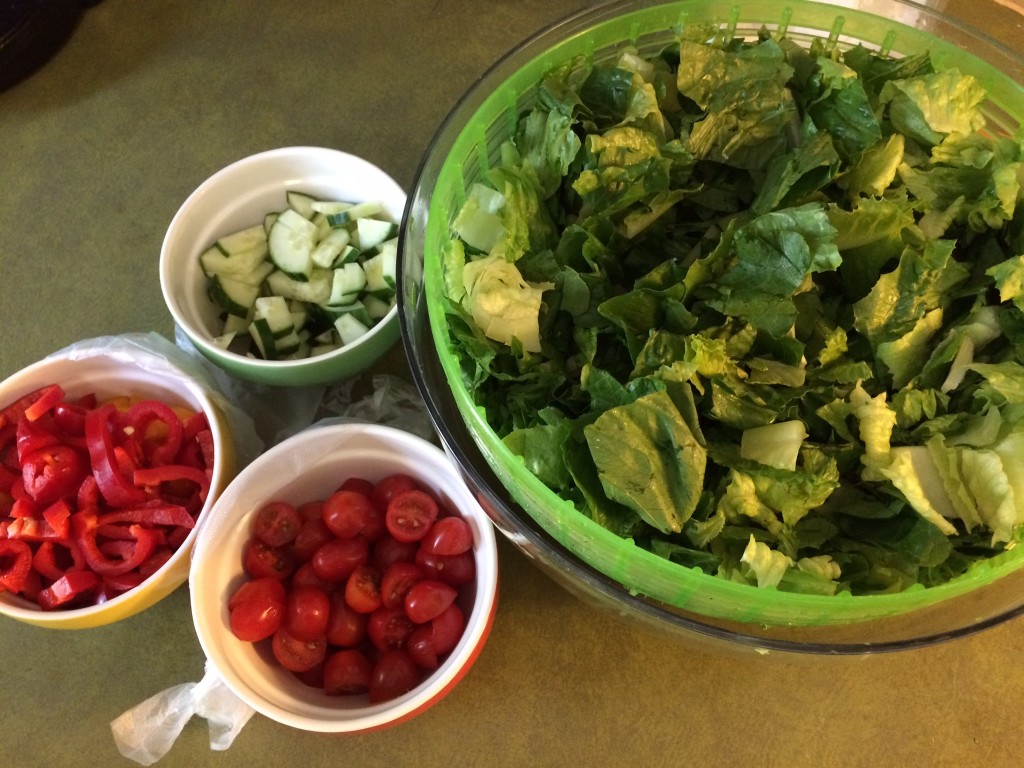If you sometimes indulge in sweets when stressed or upset, you know how immediately satisfying they can be. But all too often, they result in a quick blood sugar crash followed by a mood crash.
Let’s explore some healthy food choices that may help boost your mood!!
Foods Rich in Omega-3 Fatty Acids
Growing evidence suggests that omega-3 fatty acids may have a role in brain functioning. Some studies show that deficiencies can be linked to mental health problems and found that people who consumed the most fish were less likely to have depression symptoms.
The Foods you should eat:
Salmon
Sardines
Anchovies
Mackerel
Walnuts**
Canola oil

Pump Up on Probiotics
Probiotics are best known for their role in digestive health, but emerging research suggests a relationship between our gut and brain. A majority of studies found positive effects of probiotics on depression symptoms. Consumption of a probiotic supplement was found to improve both gut symptoms and depression in people with irritable bowel syndrome (IBS), according to a study published in Gastroenterology in 2017. What’s more, the improvement in depression symptoms was associated with changes in the activity in brain areas involved in mood.
The foods you should eat:
Yogurt
Kefir
Buttermilk
Sauerkraut
Korean kimchi
Miso
Tempeh**
Pickled vegetables
Whole Grains for the win
Whole grains are important sources of B vitamins, nutrients vital for brain health. For example, vitamin B12 is involved in the production of neurotransmitters such as serotonin and dopamine, among others, all of which help to regulate mood.
The foods you should eat
Look for grains in their whole form, such as:
Steel-cut oatmeal
Quinoa
Brown rice
Amaranth
Millet
Bulgur
Wild rice
Note: Whole grain foods can be confusing. A rule of thumb when reading food labels is that for every 5 grams of carbohydrate, a product should have at least one gram of dietary fiber to be considered whole grain.
Breakfast may still be a pretty important meal!
Eating breakfast regularly is associated with fewer depressive symptoms, according to some researchers. Studies found that those who said they ate breakfast “seldom” or “sometimes” had higher depressive symptoms than those who ate breakfast “always.” Granted, the association doesn’t prove that the depressive symptoms were caused by skipping breakfast, it merely suggests the possible role regular breakfast plays in our moods.
Breakfast-y foods you should eat:
Choose foods rich in fiber, nutrients, and good fats.
Oatmeal
Steel-cut oats
Citrus fruits
Strawberries
Apples
Whole grains
Nuts
Load Up on Leafy Green Vegetables
Spinach and other green vegetables contain the B vitamin folate. Although the connection isn’t fully understood, studies have shown that low folate levels have been consistently associated with depression in research. Folate deficiency may impair the metabolism of serotonin, dopamine, and noradrenaline (neurotransmitters important for mood.
The foods you should eat:
Spinach
Edamame
Artichokes
Okra
Turnip greens
Lentils
Avocado
Broccoli

Enjoy Caffeine in Moderation
Caffeine has been found to trigger the release of brain chemicals such as dopamine, which is important for performance and mood. However, caffeine affects everyone differently, so if coffee makes you jittery, irritable, sad, sleepless, or brings on other adverse effects, avoid drinking it (opting for caffeine-free beverages like rooibos tea) or choose lower-caffeine beverages like black tea or green tea. Another option is chai. An Indian tea made with black tea plus the addition of spices such as cardamom and cinnamon, chai’s spices add a natural sweetness to the tea, which may help you cut back on sugar and sweeteners.
Add Foods High in Vitamin D
Known as the sunshine vitamin, this nutrient is made naturally in the body when skin is exposed to the sun’s ultraviolet rays. In the past few years, research has suggested that vitamin D may increase the levels of serotonin, one of the key neurotransmitters influencing our mood, and we know living in Cleveland can be a struggle come February!
Foods you should eat
Canned salmon with bones
Foods that may be fortified with vitamin D (milk, soy milk, and orange juice)
Add a little sunshine, too!

**Finally, some of the foods above have been known to help us get ‘in’ the mood!
- Walnuts – are known to relax blood vessels and increase circulation, supporting increased arousal.
- Tempeh – a soy product, is rich in isoflavones, a group of chemicals that mimic the effect of estrogen and can keep integral parts well lubricated, leading to greater pleasure.
- There are also studies that support that a ‘plant-based’ food plan works to increase the effectiveness of blood flow to ALL parts of our bodies….no need to elaborate on the positive effects there! (wink)
So, whether you need to boost your mood in general, or boost getting ‘into the mood’, the foods you eat CAN make a difference!

Recent Comments